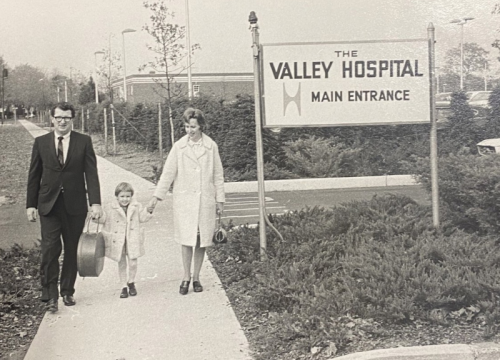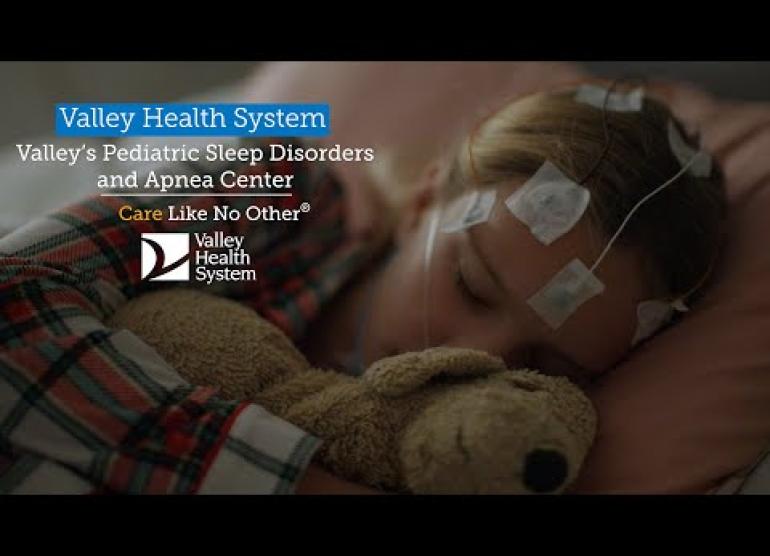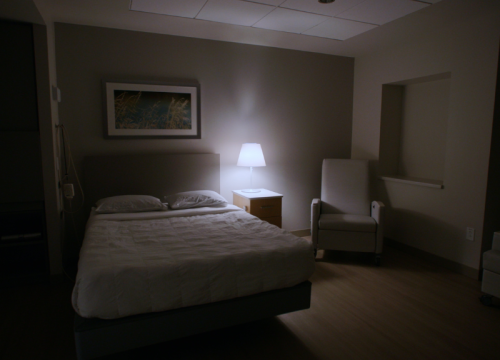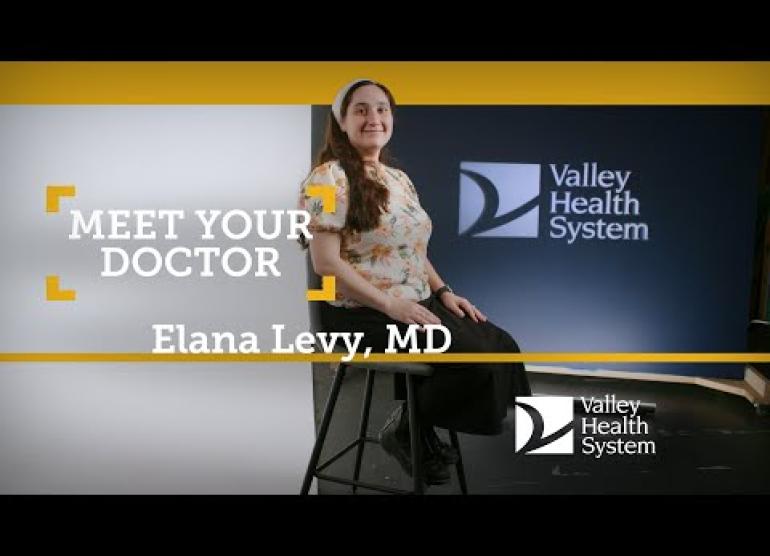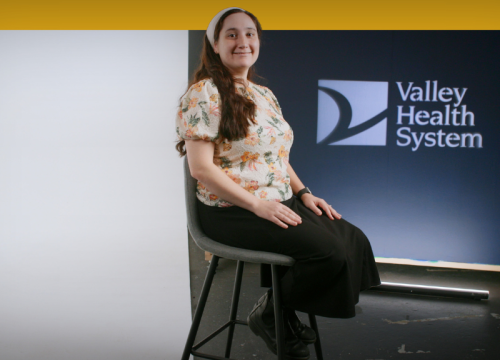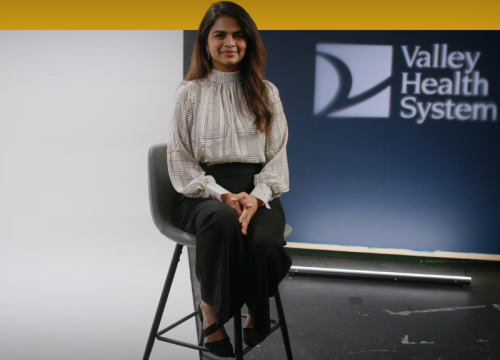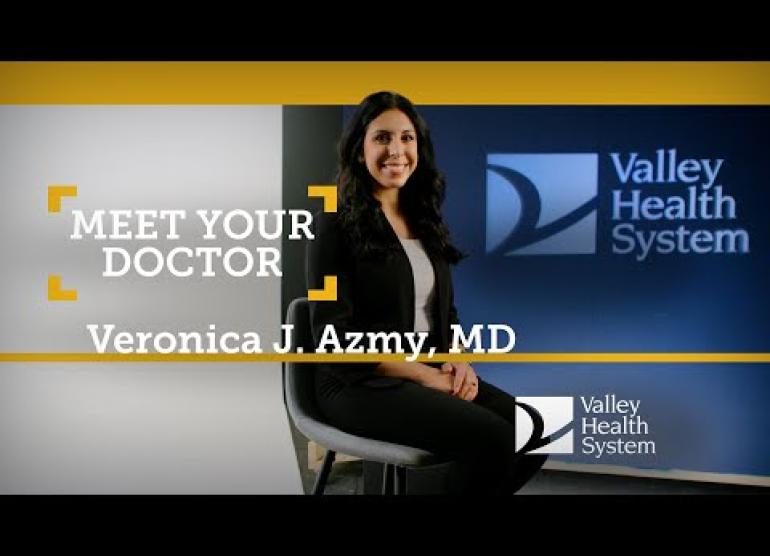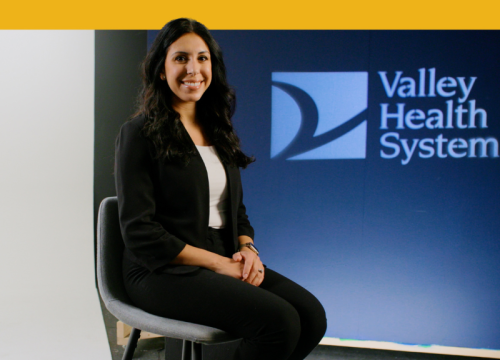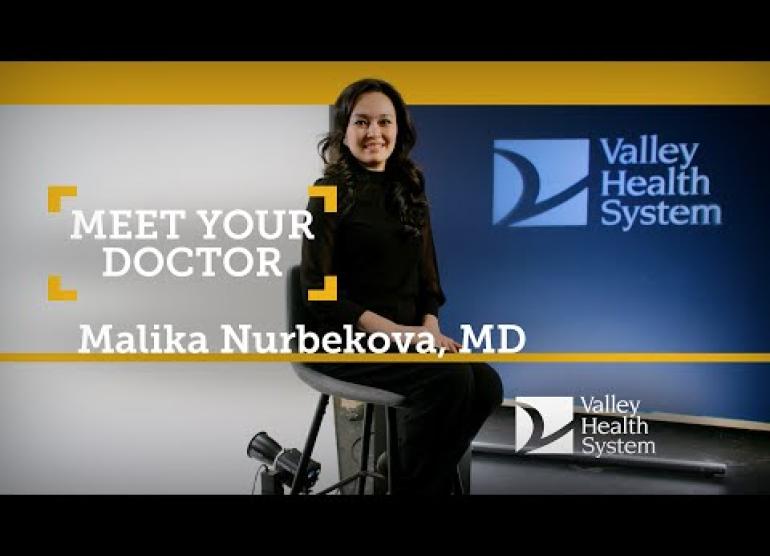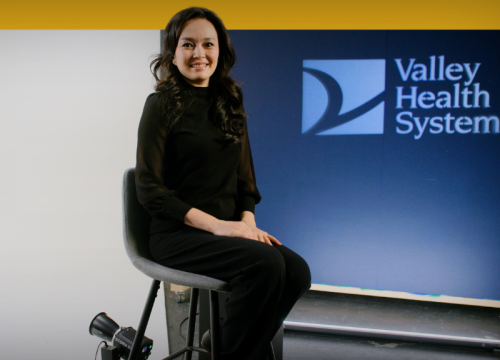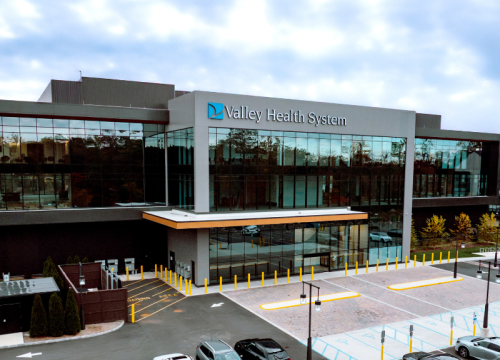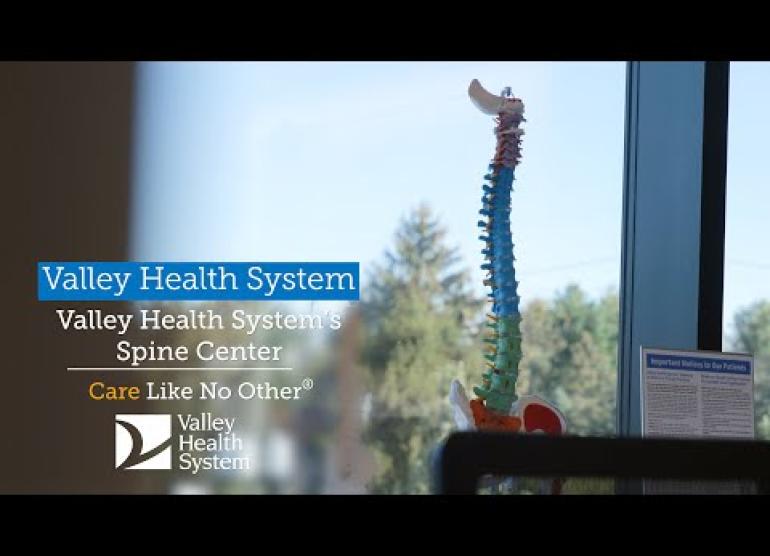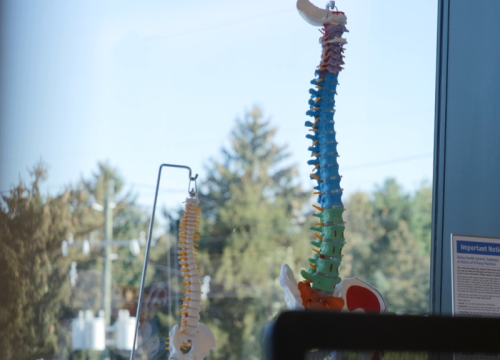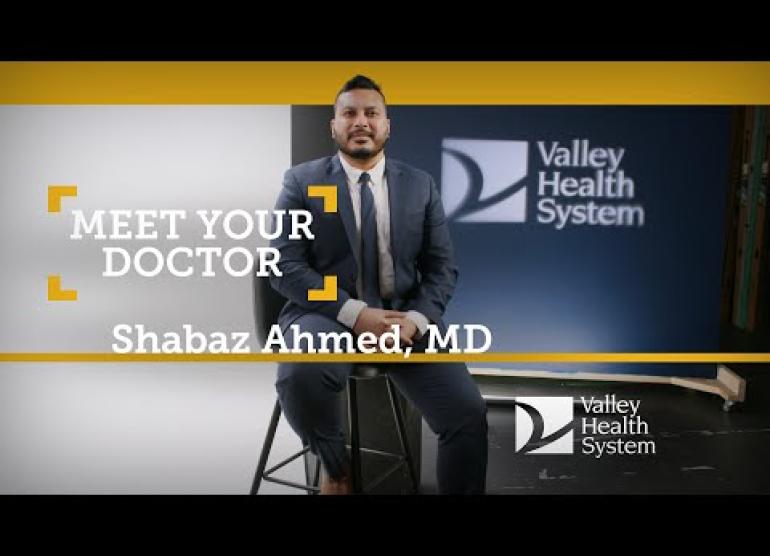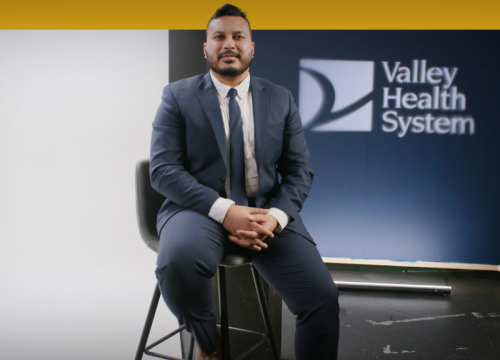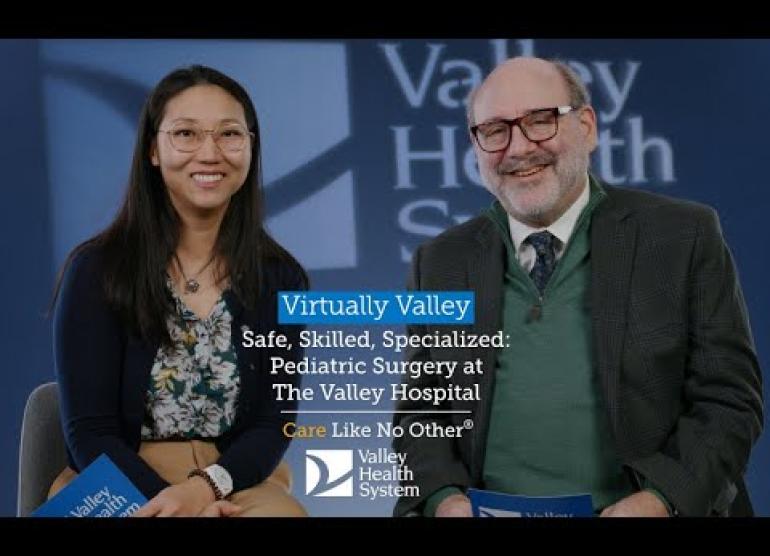An endoscopic ultrasound (EUS) procedure helps doctors diagnose cancer and other problems in the lining and walls of the digestive tract and inside the abdomen and chest.
There are two types of endoscopic ultrasounds:
- Upper EUS: Involves the esophagus, stomach, small intestine, and nearby organs like the liver, gallbladder, pancreas, and lungs.
- Lower EUS: Involves the colon, rectum, and anus.
How Endoscopic Ultrasound Works
EUS is a small ultrasound probe that’s attached to an endoscope. An endoscope is a thin, flexible tube with a light and camera at the end. An ultrasound uses high-frequency sound waves to create images of organs, tissues and blood vessels.
Doctors insert the device through the body via the mouth or the anus. EUS is performed as an outpatient procedure, which means you don’t stay overnight at the hospital.
What Does an Endoscopic Ultrasound Show?
Doctors use EUS to look for cancer, inflammation, noncancerous tumors, cysts, blood vessel problems, lymph node issues, and more.
An endoscopic ultrasound can help doctors diagnose and stage:
- Esophageal cancer
- Stomach cancer
- Colorectal cancer
- Liver cancer and other liver diseases
- Pancreatic cancer, pancreatic cysts, and pancreatitis
- Bile duct cancers, bile duct stones, and other blockages
- Lung cancer and other lung diseases
- Gallbladder problems, including gallstones and cholecystitis
- Digestive conditions such as inflammatory bowel disease (IBD) and anal fissures
- Swallowing problems like Barrett’s esophagus
What to Expect with an EUS
An endoscopic ultrasound is minimally invasive, and patients typically tolerate it well. It is a same-day procedure, and you can typically resume your regular activities the next day.
The procedure itself lasts about an hour, and you’ll have another hour or so in recovery. You should plan to have someone take you home after the procedure.
Your team will provide detailed instructions for before and after your EUS, but generally, you can expect:
- Before the EUS procedure: You may need to stop taking medicines for diabetes or high blood pressure. For a lower EUS, you’ll have to clean your bowels using prescribed bowel prep. You may also be asked not to eat or drink before the test.
- During the EUS procedure: We’ll give you medications to help you relax and sleep through the procedure. The doctor threads the EUS through the mouth (upper EUS) or the anus (lower EUS). For an upper EUS, you’ll wear a special mouthguard to keep your mouth open.
- After the EUS procedure: You may feel gassy or have cramps for a day or so after a lower EUS. You may have a sore throat after an upper EUS. Contact your doctor if you have bleeding, a fever or severe pain.
Endoscopic Ultrasound for Cancer
Your doctor may order an EUS to look at a lump or lesion found on another imaging test like an X-ray or CT.
An endoscopic ultrasound helps confirm a cancer diagnosis and stage your cancer. It can also help detect whether the cancer has spread throughout the lymph system or to nearby organs.
During the EUS procedure, your doctor may perform a biopsy to test tissue. This is also referred to as a fine needle aspiration.
Your provider may also use endoscopic ultrasound to actually treat certain cancers. In these cases, your provider can use EUS as a way to deliver certain cancer-fighting therapies directly to a tumor.
Interventional Gastroenterology at Valley
At Valley, your endoscopic ultrasound is performed by highly trained interventional gastroenterologists. Interventional procedures use advanced imaging to guide small scopes and tiny tools inside the body. Providers use these methods to diagnose and treat complex conditions without surgery.
Our team uses the latest equipment in our state-of-the-art endoscopy suites. Most of our procedures are minimally invasive. This means we use small, if any, incisions and you can expect a faster recovery and less pain.
We work closely with surgeons and specialists across multiple disciplines. We’ll also partner with surgeons to perform different procedures at one time. Hybrid procedures can make it easier for you with fewer trips to the operating room.
Why Choose Valley for Your EUS?
- Advanced expertise you can trust: Our specialists perform thousands of endoscopic procedures every year. We use advanced technologies that help you and your care team make the best decisions for your treatment.
- State-of-the-art endoscopy facilities: Valley has the latest endoscopic technologies and tools that offer the clearest views. This means you’ll get the most accurate diagnosis possible and more precise treatments.
- Comfortable experience: Our team is dedicated to keeping you comfortable for your procedure. We’ll let you know what to expect at every step. We also offer lavender aromatherapy, low lighting, and other relaxation methods to help put you at ease.
- Team-based care: If your endoscopic ultrasound detects a condition or issue, our team will coordinate all the next steps for your care. Valley provides complete care to treat the full range of cancer and gastrointestinal diseases.


